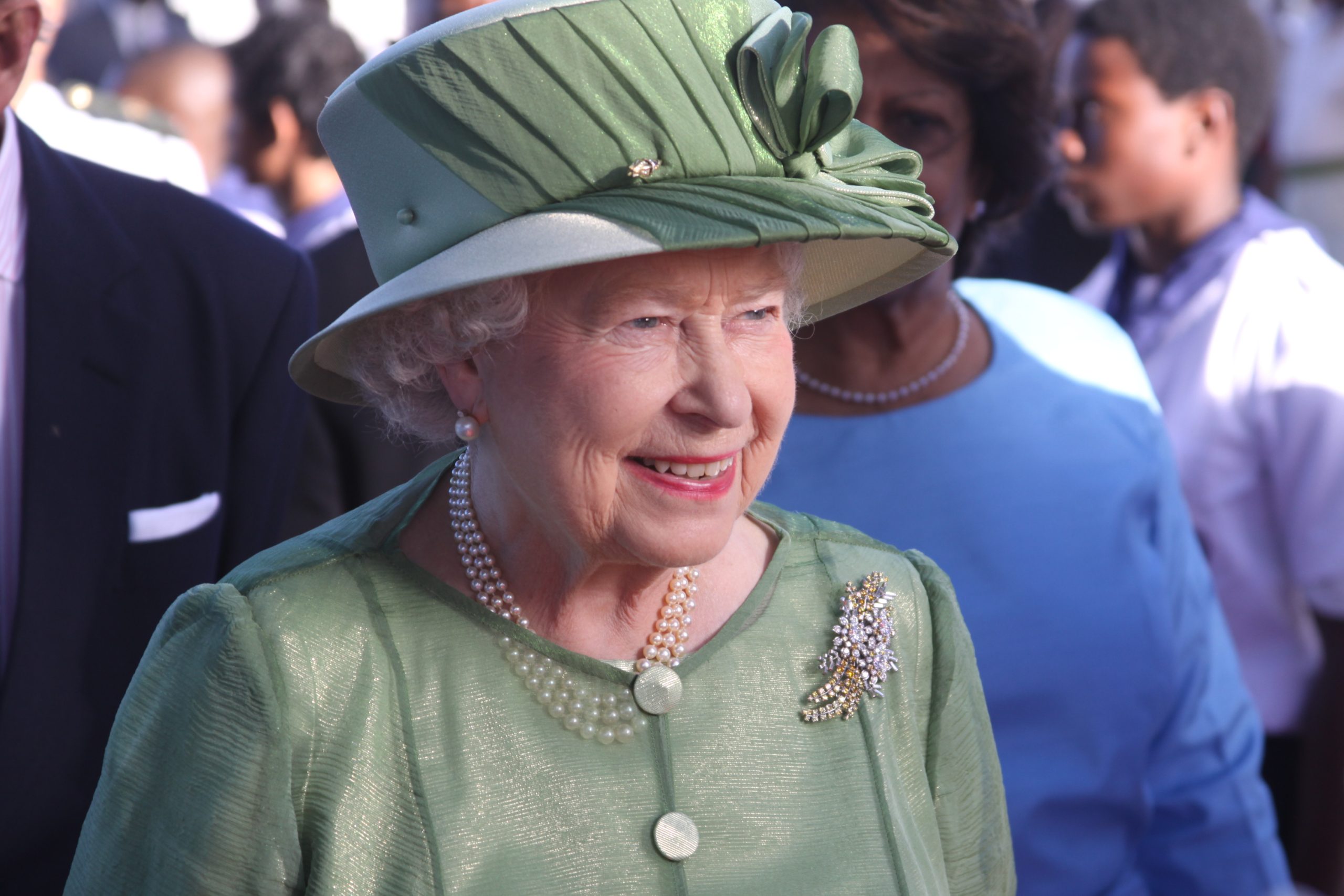Index relies entirely on the support of donors and readers to do its work.
Help us keep amplifying censored voices today.
The death last week of the UK’s Queen Elizabeth, at the age of 96, shocked the nation and others throughout the world. Many would agree with our CEO Ruth Smeeth, who said she was a “formidable leader” and a “stabilising force through many periods of global turmoil”. Many would also take a different stance.
There are worrying indications, however, that those who do not feel the same way about the Queen and her legacy are being silenced, including the arrest of a number of protesters in Edinburgh, one displaying an “Abolish Monarchy” placard, and others being threatened by the police with arrest in London and Oxford.
Asked about the Edinburgh arrests, a spokesperson for Prime Minister Liz Truss, who was only appointed by the Queen days before her death, said: “This is a period of national mourning for the vast majority of the country, but the fundamental right to protest remains the keystone of our democracy.”
The arrests come after a year in which the British government has made changes and called for further changes to many areas of legislation governing the right to protest and freedom of expression.
Her Majesty’s death also comes just months after the new Police, Crime, Sentencing and Courts Act 2022 came into force. This gives the police much greater powers when it comes to restricting protests. Previously protests could only be stopped if they risked “serious public disorder, serious damage to property or serious disruption to the life of the community”. A belief that “public nuisance” may be caused is now sufficient.
Speaking on the arrests in Scotland, Ruth Smeeth, Index on Censorship’s CEO, said: “It is deeply concerning to see the arrests being made. The fundamental right to freedom of expression, including the right to protest, is something to be protected regardless of circumstance.
“These arrests come at a time of national debate around the new Police, Crime, Sentencing & Courts Act covering England and Wales, legislation that Index raised serious concerns about during its passage through Parliament.
“People across the country and beyond continue to mourn the loss of the Queen, a loss felt keenly by so many. However, we must guard against this event being used, by accident or design, to erode in any way the freedom of expression that citizens of this country enjoy.”
We will use this live blog to draw attention to highlight events that appear to threaten our fundamental right to express views peacefully, whether for or against the monarchy.

Queen Elizabeth II has died at the age of 96. Photo: Kenroy Ambris/Commonwealth Secretariat/Flickr
Index is definitely not a traditional vehicle to feature an article discussing the British royal family. However, today I am going to abuse my position as chief executive in order to honour the life of one of the most dedicated public servants a democracy has known. A monarch whose efforts from the day she ascended to the throne, until her passing on Thursday afternoon, strove to promote and protect our shared values.
Her Majesty Queen Elisabeth II has passed away, at the age of 96, having served on the throne for over 70 years. Whether you are a monarchist or a republican it cannot be denied that Her Majesty was a formidable head of state. A stabilising force through many periods of global turmoil from World War II and the Cold War to the current unsettled world we find ourselves in.
On a personal note, I feel a little shaken today, knowing that the only head of state I have known has gone. May she rest in peace.
The United Kingdom now enters a period of mourning. However Index as a global organisation will continue to campaign for freedom of expression. Ensuring that during a time when the news around the world will be focused on one story the voices of dissidents will continue to be heard.
The Royal Household is now even more protected from the Freedom of Information Act since the removal of the public interest test. Judith Townend reports
(more…)